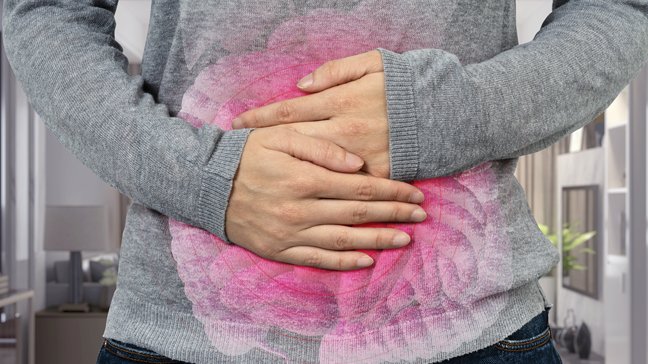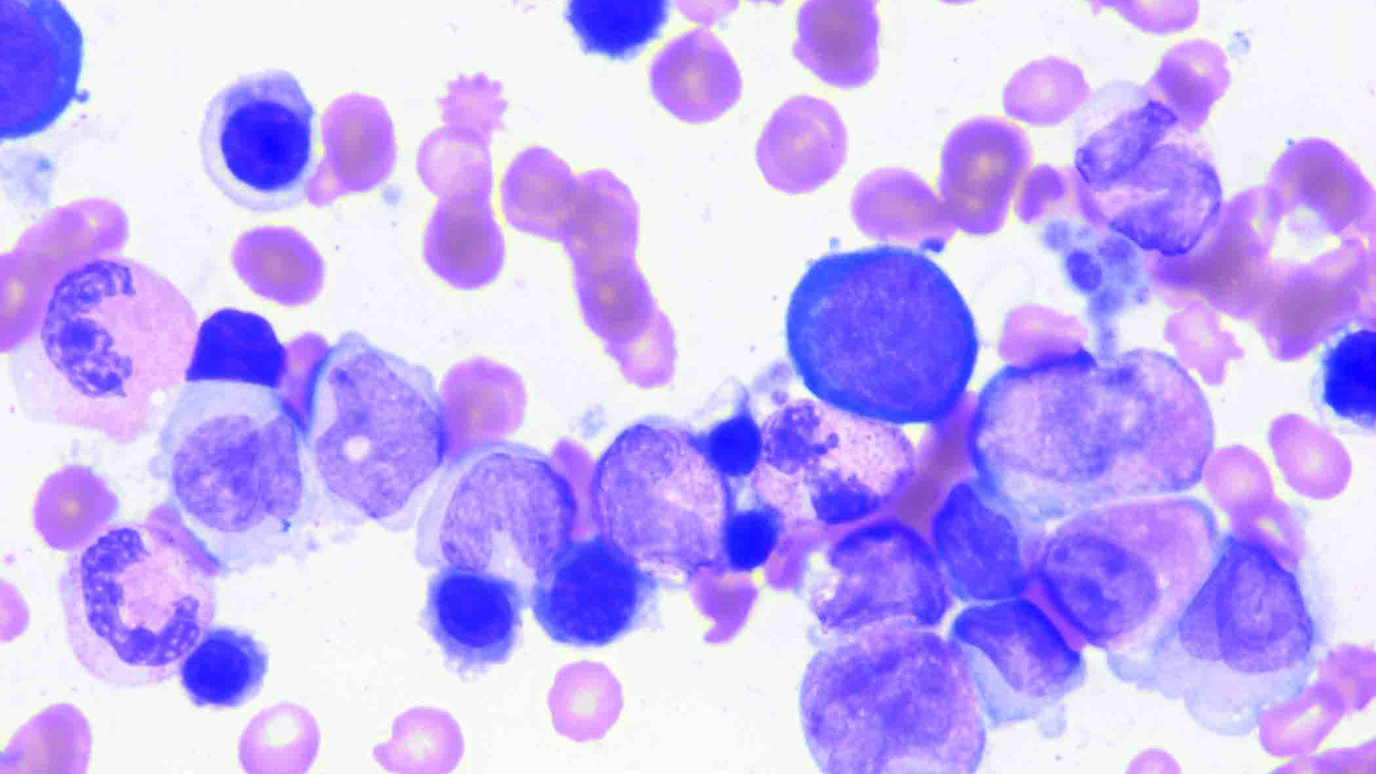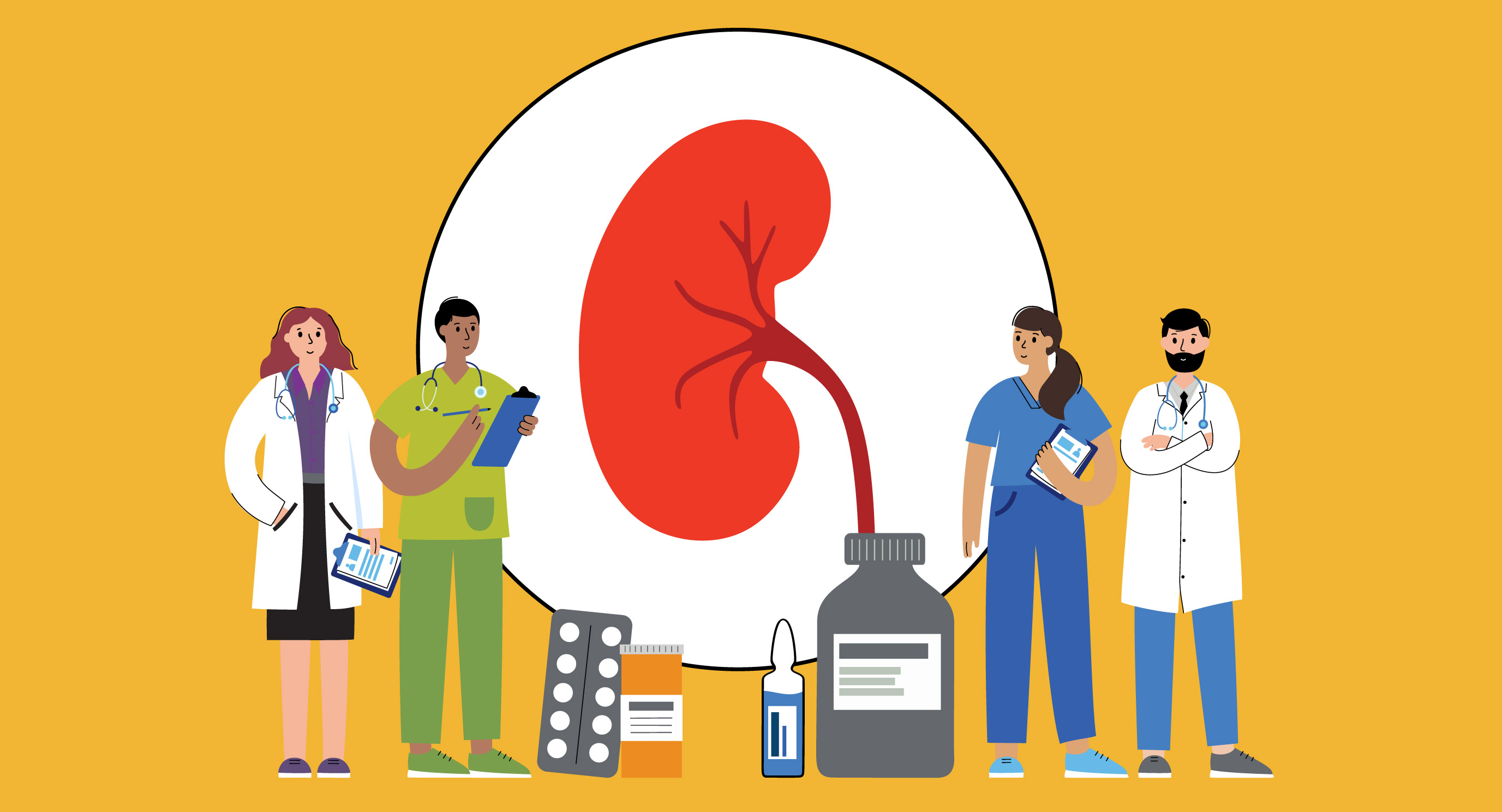- Diseases
- Acoustic Neuroma (14)
- Adrenal Gland Tumor (24)
- Anal Cancer (68)
- Anemia (2)
- Appendix Cancer (16)
- Bile Duct Cancer (26)
- Bladder Cancer (72)
- Brain Metastases (28)
- Brain Tumor (232)
- Breast Cancer (714)
- Breast Implant-Associated Anaplastic Large Cell Lymphoma (2)
- Cancer of Unknown Primary (4)
- Carcinoid Tumor (8)
- Cervical Cancer (158)
- Colon Cancer (166)
- Colorectal Cancer (116)
- Endocrine Tumor (4)
- Esophageal Cancer (44)
- Eye Cancer (36)
- Fallopian Tube Cancer (8)
- Germ Cell Tumor (4)
- Gestational Trophoblastic Disease (2)
- Head and Neck Cancer (12)
- Kidney Cancer (128)
- Leukemia (342)
- Liver Cancer (50)
- Lung Cancer (286)
- Lymphoma (278)
- Mesothelioma (14)
- Metastasis (30)
- Multiple Myeloma (100)
- Myelodysplastic Syndrome (60)
- Myeloproliferative Neoplasm (4)
- Neuroendocrine Tumors (16)
- Oral Cancer (100)
- Ovarian Cancer (172)
- Pancreatic Cancer (160)
- Parathyroid Disease (2)
- Penile Cancer (14)
- Pituitary Tumor (6)
- Prostate Cancer (146)
- Rectal Cancer (58)
- Renal Medullary Carcinoma (6)
- Salivary Gland Cancer (14)
- Sarcoma (238)
- Skin Cancer (296)
- Skull Base Tumors (56)
- Spinal Tumor (12)
- Stomach Cancer (64)
- Testicular Cancer (28)
- Throat Cancer (92)
- Thymoma (6)
- Thyroid Cancer (96)
- Tonsil Cancer (30)
- Uterine Cancer (80)
- Vaginal Cancer (16)
- Vulvar Cancer (20)
- Cancer Topic
- Adolescent and Young Adult Cancer Issues (20)
- Advance Care Planning (10)
- Biostatistics (2)
- Blood Donation (18)
- Bone Health (8)
- COVID-19 (362)
- Cancer Recurrence (120)
- Childhood Cancer Issues (120)
- Clinical Trials (630)
- Complementary Integrative Medicine (22)
- Cytogenetics (2)
- DNA Methylation (4)
- Diagnosis (232)
- Epigenetics (6)
- Fertility (62)
- Follow-up Guidelines (2)
- Health Disparities (14)
- Hereditary Cancer Syndromes (126)
- Immunology (18)
- Li-Fraumeni Syndrome (8)
- Mental Health (116)
- Molecular Diagnostics (8)
- Pain Management (62)
- Palliative Care (8)
- Pathology (10)
- Physical Therapy (18)
- Pregnancy (18)
- Prevention (914)
- Research (392)
- Second Opinion (74)
- Sexuality (16)
- Side Effects (604)
- Sleep Disorders (10)
- Stem Cell Transplantation Cellular Therapy (216)
- Support (402)
- Survivorship (320)
- Symptoms (182)
- Treatment (1786)
What is mucositis? 4 things to know about this cancer treatment side effect
3 minute read | Published February 06, 2025
Medically Reviewed | Last reviewed by Ryan Huey, M.D., on February 06, 2025
Mucositis is a disruption in the mucosal lining of the gastrointestinal tract that causes inflammation. It is often accompanied by symptoms such as sores and ulcers in the mouth and throat.
Mucositis is a common side effect of cancer treatment, but it is treatable.
Read on for answers to common questions I hear about mucositis.
Where does mucositis develop?
The gastrointestinal tract is part of the digestive system that starts in the mouth and ends in the anus. Inflammation can occur anywhere along this passageway, but mucositis generally refers to inflammation in the mouth and esophagus. You may also hear it referred to as oral mucositis.
If you’re experiencing inflammation somewhere else in the gastrointestinal tract, it’s often classified as something else based on the origin. For example, gastritis refers to inflammation of the stomach lining, and colitis is inflammation of the colon.
What types of cancer treatment cause mucositis?
Mucositis can be caused by the following cancer treatments:
- Chemotherapy
- Radiation therapy
- Certain targeted therapy drugs
- Stem cell transplants, which are used to treat blood cancers like leukemia and lymphoma
Chemotherapy and radiation therapy target cells that multiply quickly – both cancerous and noncancerous. Cells in the mucosa – which lines the gastrointestinal tract – divide constantly. This makes the mucosal lining more likely to be affected by treatment. The irritation caused by the inflammation can allow bacteria to get in and cause ulcers in the mouth.
If you receive high doses of chemotherapy before a stem cell transplant, you are also more likely to get mucositis.
Sometimes, chemotherapy in general can cause mucositis. Other times, a specific drug is the culprit.
For example, the targeted therapy drug everolimus has been known to cause mucositis. We treat these cases differently than other cases of mucositis.
How is mucositis treated?
When we treat mucositis, our goal is to relieve the symptoms. This often includes practicing good oral hygiene. Your doctor may recommend:
- Brushing your teeth with a soft toothbrush
- Rinsing your mouth with salt water or baking soda multiple times a day
- Topical anesthetics like lidocaine to relieve pain
- Magic mouthwash, a mixture of ingredients meant to reduce pain and inflammation and kill bacteria
- Steroid-containing mouthwash, which is used to treat mucositis caused by the targeted therapy drug everolimus
Mucositis can make it painful to chew or eat. Try to avoid foods that irritate your mouth or make your symptoms worse. These may include foods that are crunchy or spicy.
If you’re an MD Anderson patient, your doctor can refer you to a dietitian to help manage this side effect, so that you get the proper nutrition during treatment.
Let your doctor know if treatment is not helping your symptoms. They can make adjustments to the treatment, so that you’re able to get some relief.
How long do mucositis symptoms last?
How long your mucositis symptoms last depends on:
- the type of cancer treatment you’re getting,
- the dosage of your treatment and
- your overall health.
Typically, mucositis symptoms begin a few days after chemotherapy treatment. Symptoms may take a week or longer to start after radiation therapy.
If you’re receiving chemotherapy every two or three weeks, you may have mucositis symptoms that heal and then start again when you receive the next round of chemotherapy. But if you’re receiving a high dose of chemotherapy one time before a stem cell transplant, you may have a more severe reaction that lasts a shorter period of time.
The good news is that mucositis does not last forever. Symptoms typically go away and your body heals after cancer treatment is completed. This usually happens anywhere from one to about six weeks after your last treatment.
Ryan Huey, M.D., is a gastrointestinal medical oncologist at MD Anderson.
Request an appointment at MD Anderson online or call 1-877-632-6789.
Related Cancerwise Stories

The good news is that mucositis does not last forever.
Ryan Huey, M.D.
Physician





